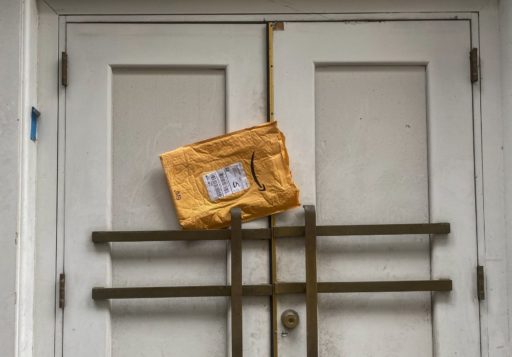Maskulinity
It was a lovely morning, and I happened to be in New York City to meet some friends. We took the subway into Manhattan and I was surprised it wasn’t more crowded. When we got to the bistro to stand in line for our lunch orders, we sent one in our group ahead to get a table since the place was just about full. My order took a very long time, and I had to jostle with others waiting for the food to come up. When it finally did, I sat down to the table and realized someone else had joined our group and I had to lean in a bit to listen. That’s when I looked up and realized no one was wearing a mask. Not even me. I startled, got very scared, and that’s when I awoke from the dream.
Actually, it was a nightmare. A seductively pleasant one for a while, because it was a joy to be up and about with friends, outside, with others, conversing, doing normal things. But also, I realized as I looked back, the whole experience was a complex reversal of what’s supposed to be normal and everyday. A simple encounter produces anxiety. There’s fear in going through a pleasant routine. The safety that’s sought requires barriers. Or in this case, a mask and some space around me.
There are plenty of folks who reject this. They register their displeasure by walking about as if nothing is awry. No mask. Little if any social distancing. Getting “back to normal” as quickly as they can. They probably figure they’re healthy. Many of them under 60 years of age also calculate that because they are not in the most vulnerable age group they are therefore immune; the more so because they feel healthy and so couldn’t imagine they are secret carriers. Worse yet are those who dispense with any calculus and just want to go about their lives unfettered, free of rules and regulation or regard for anyone else.
If there were a Venn diagram of such behavior it would probably show overlap with those who reject safety belts in cars and helmets when on motorcycles. The difference is that those behaviors generally only endanger the rider, whereas going around in public without a mask these days throws everyone else into a heightened risk pool. It’s a basic matter of respect and care for others. Which, unfortunately, explains all too much. Too many people these days have no regard for the integrity and wellbeing of those around them or outside their immediate circle.
This disregard becomes central in the efforts at reopening our economy and everyday life. The emergence from enforced cocooning (my wife and I are on day 88 of our home stay) only works when it’s reasonably safe to be outside and with others in stores and cafes. Right now, nobody has the slightest knowledge of where we are in terms of safety. The numbers of deaths and hospitalizations are generally down, but there are still plenty of hot spots. And with roughly a two-week gap between infection and the appearance of symptoms, we’re flying in the dark without instruments and risking wider infection without taking precautions like wearing masks.
As inconvenient as a mask is to wear, it is less so than being hooked up on a respirator or lying unclaimed at a morgue.
It’s not a perfect preventive. But it is one of those proportional measures that are reasonably effective in reducing the risk of exposure. That’s especially the case when combined with other basic measures, like washing hands assiduously several times a day and staying well back from people you don’t live with.
The strangest argument of all against wearing a mask comes from those who think it looks effeminate. I’m not sure what kind of perverse self-loathing of one’s body and identity produces such a viewpoint. I do know that it’s tied in to the kind of toxic masculinity that posits inherent superiority of one gender over another and thinks that running risks without accounting for the odds is the epitome of manliness.
We all know people who think it’s cool to be Alpha dominant. What’s interesting these days is the extent to which stereotyping ripples through the media world and come back at us as points in an identity politics. So that a candidate for national office sporting a mask is seen as defining him/herself in some fundamentally partisan way. When all they were doing was trying to ride out a terribly unsettling epoch in hopes of getting back to normal safely.
Of course there are some legitimate reasons for people chafing at masks that have been assigned to them. I’m thinking of those people who for centuries have struggled because they’ve been forced to suffer at the hands of those not wearing the same color face. Their cries are heard a lot these days. It goes something like this.
“I can’t breathe.”
But that’s another story, entirely.
